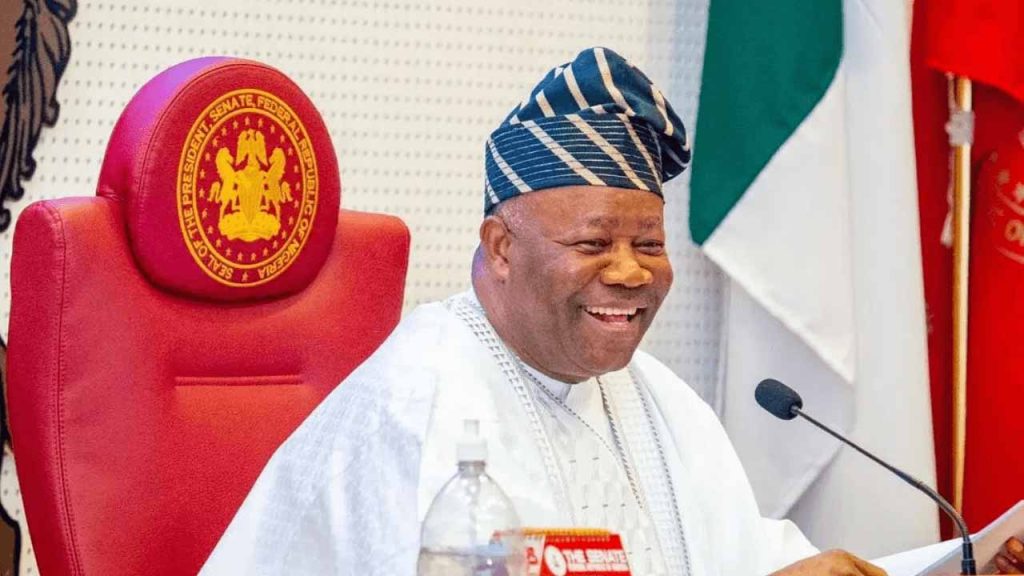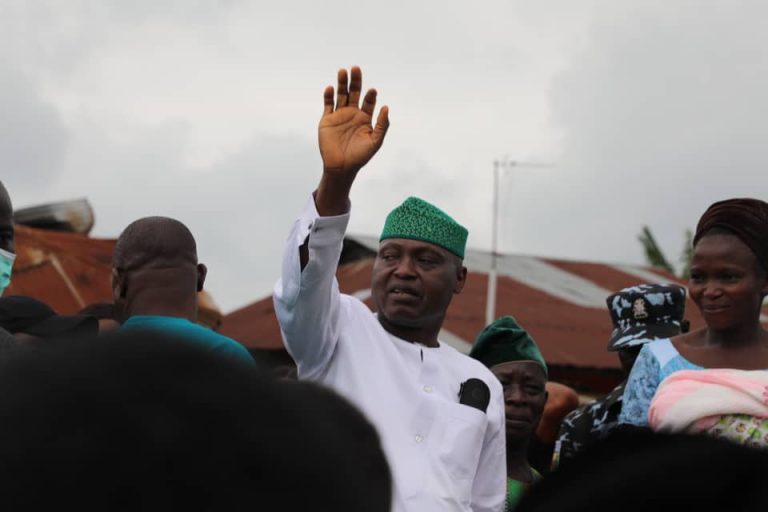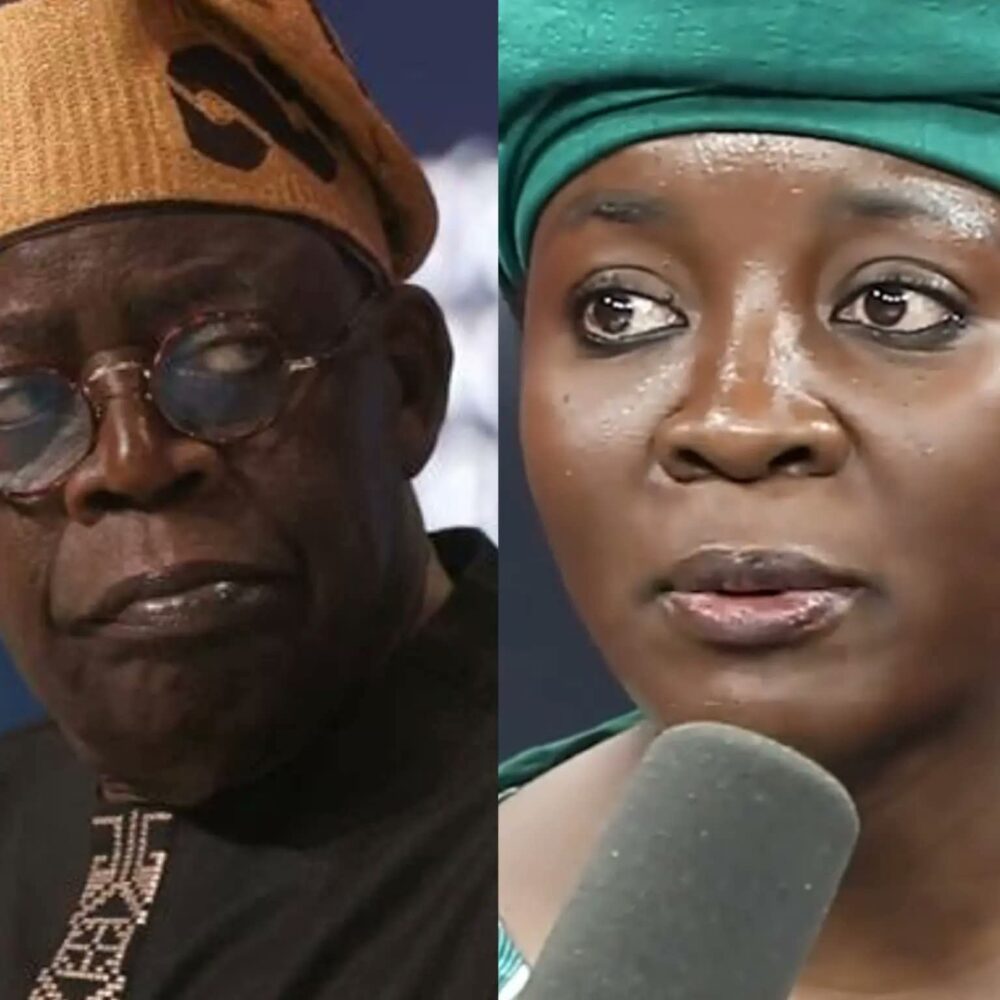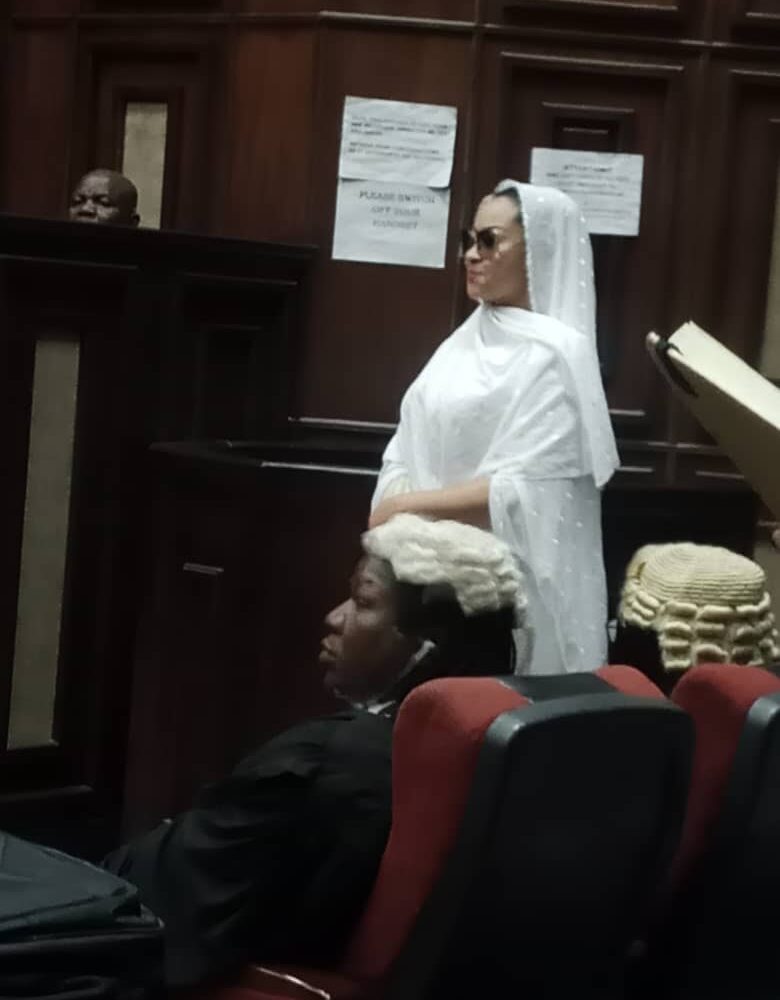It is no longer news that the two-term former governor of Akwa Ibom state, and now President of the 10th Senate, His Excellency Godswill Obot Akpabio has a unique title (call it a cognomen) attached to his name whenever he’s mentioned either in print or public fora even by his political detractors. “Uncommon” is the word usually attached either to his past station as a governor or his present assignment as the Senate President.
What’s yet to be news, let alone be sufficiently interrogated, is his deliberate injection, although stealthily, of a different variant of politics into the nation’s body politic as will be explained presently.
Akpabio was referred to as the “uncommon governor” or “uncommon transformer” throughout his eight-year tenure in Akwa Ibom state. It also must be said that Akpabio’s uncommonality, if you will, has found a new refuge in the hallowed chamber of the Senate as can also be articulated presently.
Although the possibility exists that not a few people, especially those who have never been to Akwa Ibom state or visited the state before the now Senate President ruled the roost but didn’t have any compelling reason to go back after he left office would probably be willing to accept this cognomen on its face value like yours sincerely without the ideational incubator that gives the word life.
Yours sincerely was in the state only once to see a childhood friend (Sunday Idowu) during the administration of Governor Victor Attah until another opportunity presented itself during the weeklong celebration of the 61st birthday of the “uncommon” Senate President which was held in Uyo (the state capital) and Ikot Ekpene. That was when the “uncommon” cognomen came into what can be described as a 3D technicolor to yours sincerely.
The major towns as well as the nooks and crannies of the state are strewn with solid road infrastructure, star-studded hospitality businesses, and a serene atmosphere to boot that the state instantaneously arrests your emotion and imagination as the most livable piece of real estate in Nigeria.
Uyo, it must be emphasized without any fear of contradiction, is like a mini-London for those who can make the comparison because they have experienced the two cities.
In my natural curiosity to find out if there is any historical basis that undergirds Akpabio’s “uncommon” description, the first pointer, as told by an indigene who was part of my random selection I chatted with, was the apparent sturdy road infrastructure. “All the major roads you see here in Uyo were completed in the first two years of Akpabio’s government,” the resident quipped.
The Godswill Akpabio International Stadium is by all standards world-class. “Adams Oshiomhole came for an event at this stadium when he was the governor of Edo State and marveled at this magnificent edifice. When he arrived back in his state, he called a contractor who had already been assigned to build a stadium in his homestead to simply scrap whatever he had on the drawing board and give him an Akpabio’s stadium he saw in Uyo—whatever the cost,” Engr. Ekanem said pointedly.
The unprecedented macro component of roads and other capital infrastructures never witnessed since the creation of Akwa Ibom until Akpabio came into the saddle of political leadership, perhaps pale in significance to the micro developmental strides in human capital development in the way the former governor lifted a whole generation of his people from the backwater of civilization as house helps to significantly credentialed people of repute. A catchphrase in the streets of Uyo is Godswill Akpabio’s penchant for turning “boys into men.”
It is this twin combination of uncommon developmental paradigms, now understood by yours sincerely, as the reason Akpabio deservedly earned the monicker as the “uncommon governor.”
So, when the Senate President, speaking in Eket last month during a stakeholders’ meeting with the leaders of Akwa Ibom South Senatorial District that he intends to do for Nigeria what he did for the people of his state as their governor, obviously through the instrumentality of robust legislation, to trigger both infrastructural and human capital developments across the country, he was referring to his “uncommon” developmental legacy in Akwa Ibom which he has since been quietly but surely replicating on the wider Nigeria political canvas.
While there’s not a shadow of a doubt that Akpabio’s interrogation of his state’s political economy as a governor was truly an “uncommon transformation” as has been attested to, the real if not ideational underpinning of his politics is “development politics,” which is a rarity in contemporary Nigerian political landscape.
Akpabio has been dropping hints of development politics by which he should be defined in various outings since he assumed the senate leadership in particular and the chairmanship of the National Assembly in general. But only the discerning can take cognizance of this emerging political character in him.
During a thanksgiving mass in honor of Minister of Petroleum Resources (Gas), Mr. Ekperikpe Ekpo at Our Lady of Mercy Chaplaincy in Abak Local Government of the state in November last year, the Senate President said he would continue to work for the peace and development of his home state across party lines.
Hear him: “I’m not interested in any kind of war. I am more interested in bringing development to the state. If there should be any competition among us, let it be in the overall interest of our people, like competing for development and life-changing projects for our people.”
“If the governor is bringing a project to street or road A, as the President of the Senate, I should be seen working on bringing water or electricity to the street or road B. This is the kind of competition I want to see and not unnecessary bickering that brings no good to our people.”
At a reception ceremony held in his honor after winning the election as the President of the 10th Senate, His Excellency Godswill Akpabio, in responding to Pastor Umo Eno, the governor of Akwa Ibom who came to felicitate with the “uncommon” leader, expressed that it would be progressive for the governor to focus on the state’s development.
“Don’t behave like your mentor, Udom. Stay in your lane and don’t inherit anybody’s problems, and you need to humble yourself.” The “stay in your lane” phrase here, it seems to me, is a coded admonition that the Akwa Ibom governor should concentrate on development just as he did when he was governor.
Akpabio’s gospel of development politics was carried to the Special Thanksgiving Service which was organized by the Akwa Ibom State government for the governor’s electoral victory at the Supreme Court at the All Nations Christian Ministry International, Eket, Akwa Ibom.
Hear him: “The Federal Government is ready to partner with the state government in the provision of affordable housing and a good road network. The president has discussed with us the need to bring more industries to Akwa Ibom State. You are more advantaged than others because you speak the same language as the President. When they come, please release lands to them for development because it is the Akwa Ibom children that would be the ultimate beneficiaries of the projects.”
At the Thanksgiving Service in honor of Senator Barinada Mpigi at St. Cyprian’s Anglican Church, Koroma Parish Diocese of Ogoni in Rivers State where the “uncommon” Senate President was in attendance, it was the host Senator Mpigi who reiterated Akpabio’s preferred development politics, perhaps inadvertently, when he described him as a builder of men and nation.
“Your unique style of politics has been one of consensus and not divisiveness, strife, and bitterness. You have always put Nigeria first to the point where political party lines have been blurred and now we see ourselves as parliamentarians coming together to build a better nation and not as political enemies,” Mpigi, a PDP lawmaker deadpanned.
Akpabio’s brand of politics of development genre may well be what the political scientist ordered for a developmentally-challenged polity such as ours as opposed to the expectation and rebirth of ideology of political parties and practitioners of politics.
Perhaps what Akpabio is telling us is that we should come to terms with the death of ideology in a 21st-century world and get on with development politics already poised to replace it and that it should be embraced by those practitioners of politics who have an acute understanding of what politics should produce.
And what should politics produce?
It is development. It is a visible, people-oriented development. And that’s the Akpabio trademark.
_Femi Odere is a Senior Legislative Aide to the Senate President on Stakeholders’ Engagement and Mobilization._





